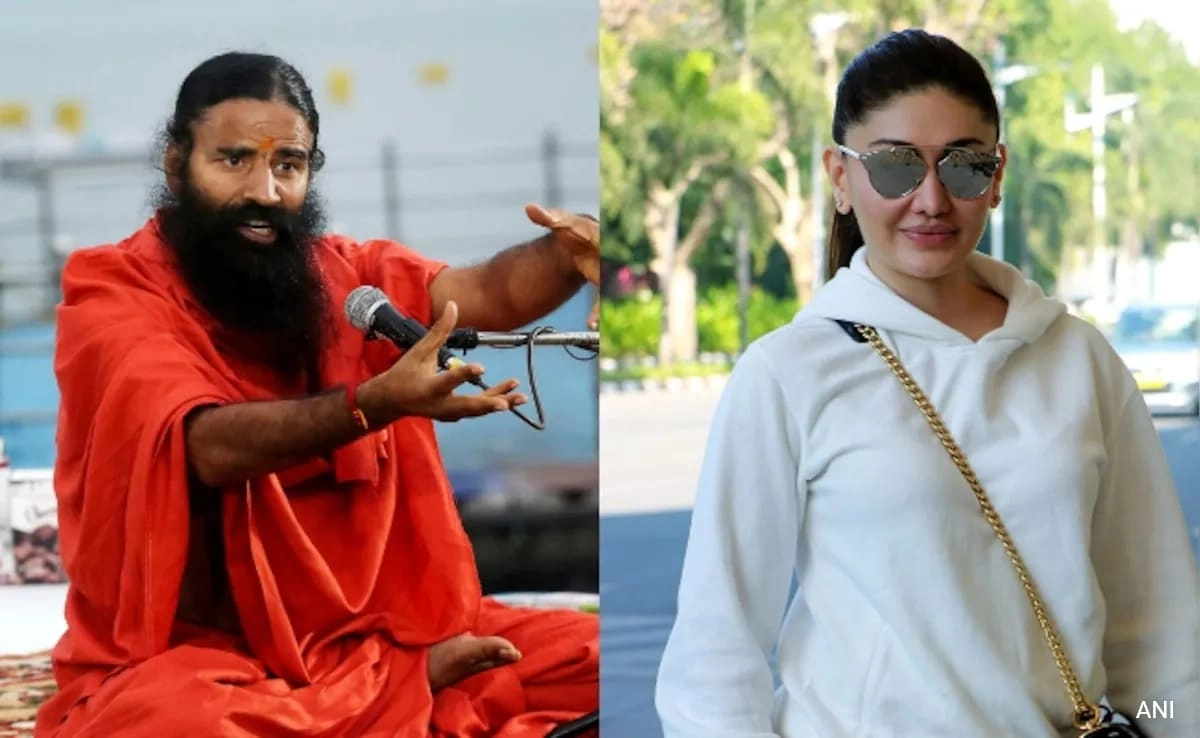The recent death of Indian actress Shefali Jariwala has sparked a significant discussion on the topic of aging and longevity, bringing to the forefront the opinions of prominent figures like yoga guru Ramdev. In the wake of this tragic event, Ramdev has expressed his belief that it is possible for humans to live up to 200 years. His assertion comes amidst a growing interest in anti-aging strategies and the quest for extended life spans, which have captivated both scientific communities and the general public alike.
Ramdev’s perspective is rooted in traditional Indian practices, particularly yoga and Ayurveda, which emphasize holistic health and wellness. He argues that a combination of physical activity, proper nutrition, and mental well-being can dramatically enhance longevity. This philosophy resonates with many who are increasingly looking for natural ways to combat the effects of aging. By promoting a lifestyle that includes regular yoga practice and a balanced diet, Ramdev suggests that individuals can not only extend their lives but also improve their quality of life in their later years.
However, the debate surrounding aging and longevity is multifaceted and complex. While some experts agree with the potential for increased life spans through lifestyle changes, others caution against oversimplifying the aging process. Genetics, environmental factors, and access to healthcare also play crucial roles in determining how long a person might live. The conversation sparked by Shefali Jariwala’s untimely passing serves as a reminder of the fragility of life and the importance of addressing health concerns as we age.
As society continues to grapple with these themes, the intersection of traditional wisdom and modern science will likely play a critical role in shaping our understanding of aging. Ramdev’s bold claim of living to 200 years invites both intrigue and skepticism, urging individuals and researchers alike to explore the possibilities of extending human life in a meaningful way. As discussions continue, it is essential to consider both the potential benefits and limitations of anti-aging approaches, ensuring that the focus remains on sustainable health and well-being rather than merely the number of years lived.




